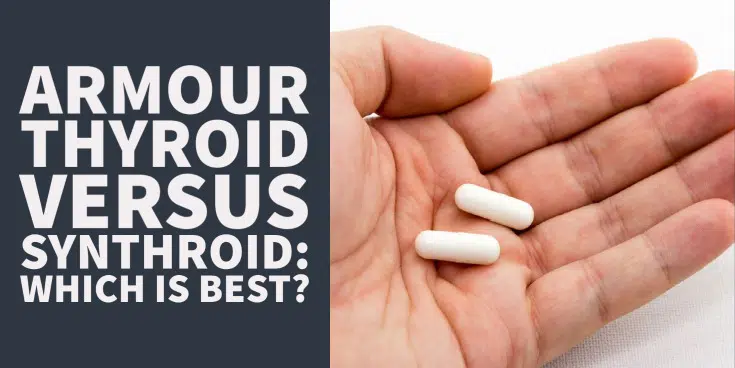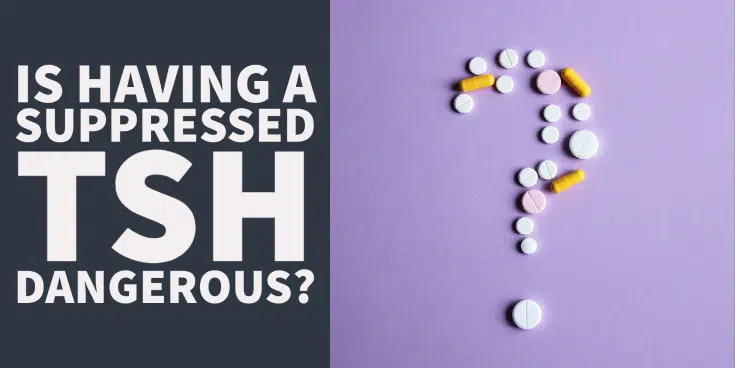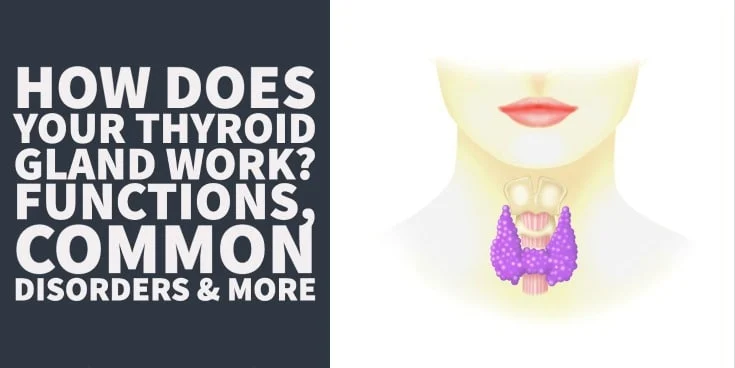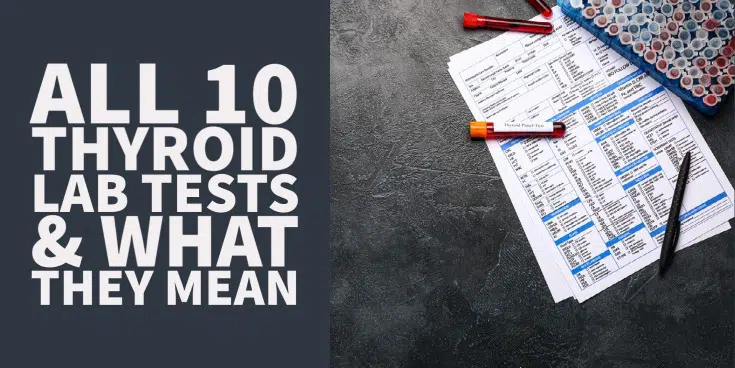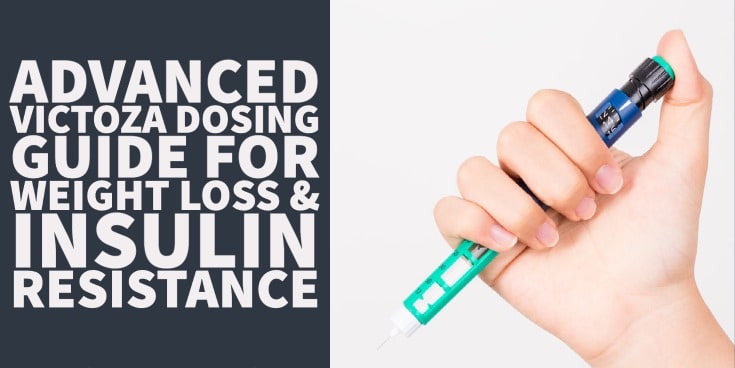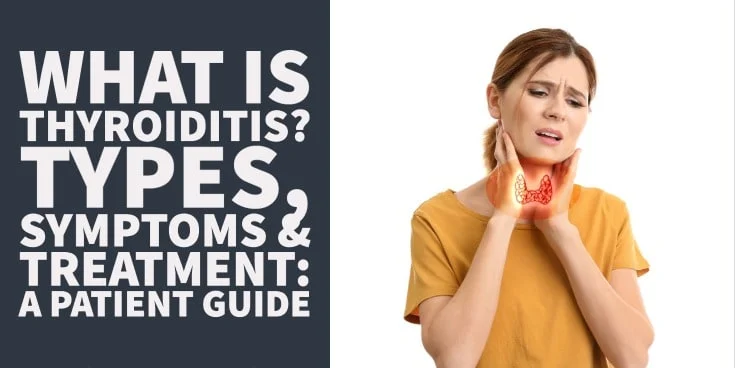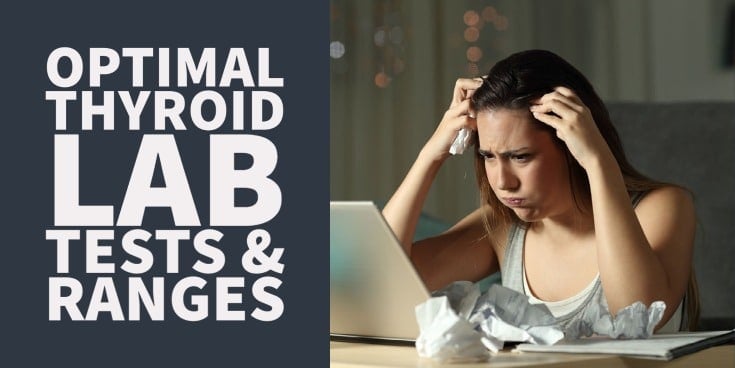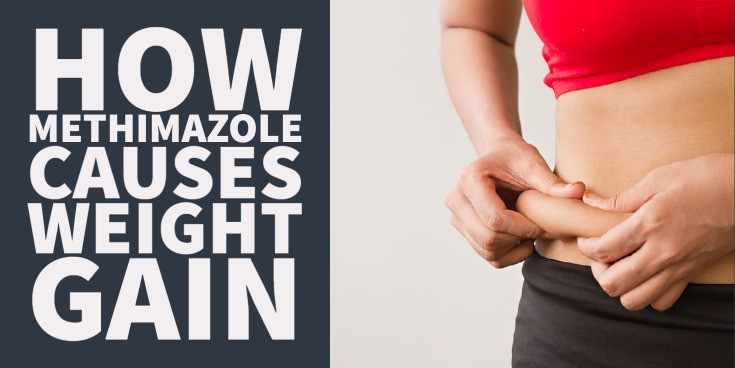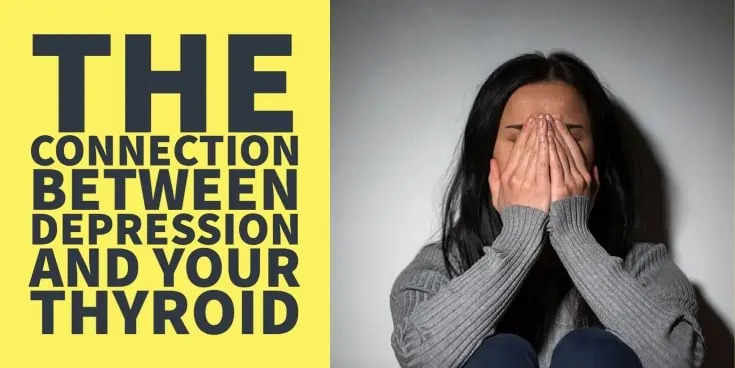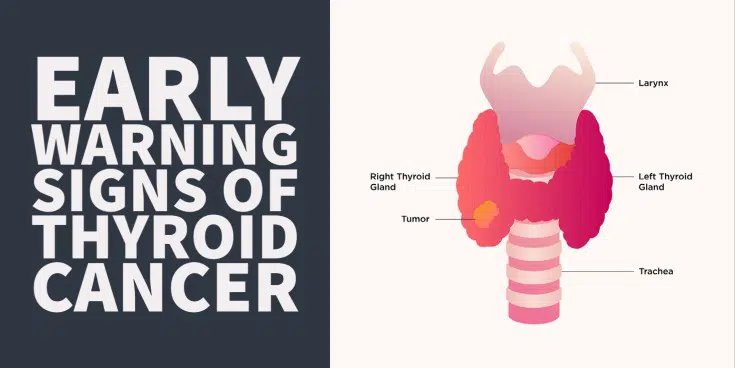Armour Thyroid vs Synthroid: Conversion, Dosage & Weight Loss
Whether you realize it or not thyroid patients have options when it comes to thyroid medications. If you are taking a medication and it isn’t working for you then you owe it to yourself to learn about ALL of the options available to you. This post will take a deep dive into the difference between …
